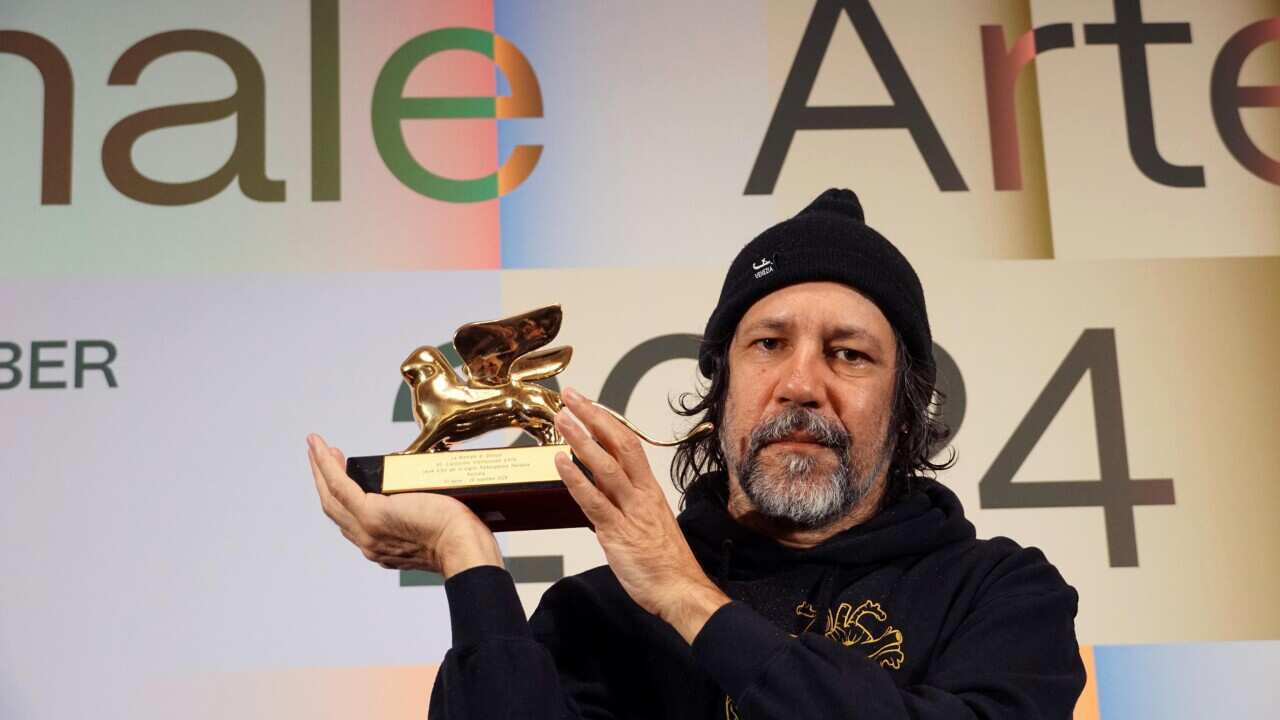Academics have hit back at tabloid news coverage which criticised the idea to incorporate Aboriginal culture into the national science curriculum.
Australia's curriculum authority published 95 examples showing how teachers could include Indigenous culture into lessons for students from Year 3 to Year 10.
The move was designed, in part, to ‘close the gap’ in academic performance by allowing Aboriginal students to see their own culture in the lessons.
The idea has attracted support from Chief Scientist Alan Finkel and Prime Minister Scott Morrison.
“I am for whatever tool they need to help kids better understand science,” the PM said.
In one example, primary school students would study how temperature can change the state of liquids and solids with materials traditionally used by Aboriginal people, such as beeswax.
In another example, high school chemistry students would learn how toxic native plants can be made edible.
Mocked in the media
The Australian Curriculum, Assessment and Reporting Authority said the examples were provided: “to help teachers provide a more culturally responsive experience”.
However, the idea was mocked on the front page of Sydney’s Daily Telegraph as “nothing more than a silly distraction” under the headline “Science Kooriculum”.
The newspaper published a cartoon by Warren Brown featuring three Aboriginal people in a cave and the caption “welcome to science”.
It also quoted conservative education commentator Kevin Donnelly who said the idea was “the latest egregious example of how political correctness is dumbing down the school curriculum”.
“One would expect, instead of this latest example of PC cultural sensitivity, that ACARA would focus on ensuring the existing curriculum is academically rigorous and based on the established disciplines,” Dr Donnelly told the paper.
The comments were criticised by some on social media.
'Catch up'
Luke Pearson, a Gamilaroi man and former teacher who worked with ACARA to develop the idea, said the criticism showed a lack of understanding about education.
“Science used to be very rigid, but today, it’s cross-disciplinary, and cross-cultural,” he told NITV News.
“It doesn’t look like those who are criticising the ideas have actually read it – that’s the most unscientific way to go about making an argument.”
Mr Pearson said the idea simply suggests possible ways of in incorporating Indigenous culture into science lessons.
“Science exists to solve problems and other cultures may have unique insights into these problems,” he said.
As an example he cited the commercial use of tea tree oil, which was traditionally used as a bush medicine but is now one of the mostly widely known natural antiseptics.
“There are people who still believe that Western civilisation should be taught to the exclusion of all others, and none of the others have anything of value to add,” Mr Pearson said.
“My message to them is, catch up.”
Peter Buckskin, a Narunga man who serves as dean of Aboriginal engagement at the University of South Australia, also said the criticism was misguided.
“This is a framework," he said.
“It does not dismiss western scientific knowledge. What it does is complement it with over 60,000 years of experiences.”
He said that the way the issue was covered was “unfortunate”.
“This is an opportunity to inform all Australian students about Indigenous experiences, and that knowledge is legitimate because it has ensured our longevity for thousands of years.”
Michael Donovan, the academic director of Indigenous teaching at Macquarie University, believes the idea will be useful for teachers.
“For Indigenous students, having Indigenous knowledge presented in a positive, engaging way is fundamental. For non-Indigenous students, we are talking about the longest, continuous culture in the world – it’s something all Australians can take pride in and learn from,” he said.
“Collaborative partnerships with Aboriginal communities would allow their expertise to support accurate, informed knowledge.”










